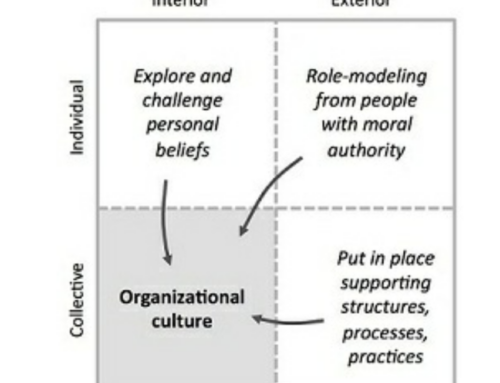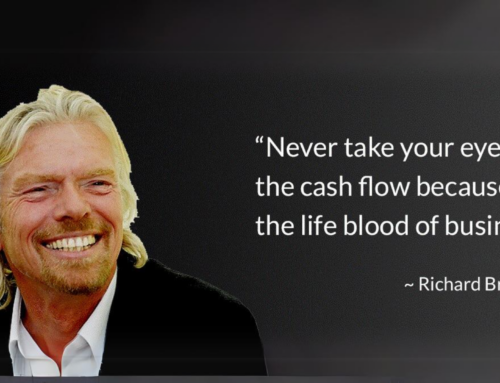A tome full of techno-optimism suggests the Silicon Valley elite really are different from the rest of us.
By PHILIP DELVES BROUGHTON, The Wall Street Journal
Feb. 16, 2015 6:55 p.m. ET
Just when you think the Silicon Valley technology crowd is like the rest of us, only richer and more into writing code, you read a book like“Bold” and are reminded that, no, these people are different. Not just superficially different, but profoundly so. As different as the silent Maine lobsterman from the loquacious Californian Reiki healer. A favorable spin is that, if you view the world as a technologist, its potential seems boundless. Science advances quickly; technology is fundamentally benign. No problems seem insuperable, and you don’t hear voices in your head yelling “Whoa!” in response to all yourhelter-skelter techno-optimism.
Peter H. Diamandis is a scientist who created the X Prize to stoke innovations in space flight and has also founded ventures in genomics, cell therapy and asteroid mining. Steven Kotler is a writer who has a business trying to explain “flow,” that satisfying feeling he describes as “the complete merger between action and awareness.” Their last book, “Abundance: The Future Is Better Than You Think,” was a giddy ride through all the ways we are making life better—from clean water to better health care and more accessible education. “Bold: How to Go Big, Create Wealth and Impact the World” is a similar booster shot of tech-think vitamin C.
It starts out by contrasting “exponential entrepreneurs” against the “linear-thinking executives” who work in major corporations. The exponential entrepreneurs are “paving the way for a new world of abundance” by finding big problems and exploiting the “Six D’s”: digitalization, deception, disruption, demonetization, dematerialization, democratization.
Take the case of Kodak and photography. First came the technology that allowed photographs to be taken and stored digitally rather than on film—digitization. But it seemed too trivial for a giant like Kodak to worry about—an act of self-deception. Then came disruption, when digital photography grew from a tiny niche into a big business and then surpassed print photography. People no longer needed to pay to store or share their photographs because free digital services had sprung up. Kodak found itself demonetized. Then photography was dematerialized, as cameras were built into phones and the physical materials of the darkroom were replaced by digital tools. Finally, the entire process was democratized, since anyone with a phone can (at no additional cost) take pictures, edit them and share them.
In 1996 Kodak employed 140,000 people and had a market value of $28 billion. In January 2012 it filed for bankruptcy. Instagram was founded in October 2010 and was bought by Facebook in April 2012 for $1 billion. It had 13 employees at the time. Instagram was the definition of an exponential organization, one “whose impact (or output)—because of its use of networks or automation and/or its leveraging of the crowd—is disproportionally large compared to its number of employees.” The Six D’s, the authors make clear, are leaving the poor executives who think in linear rather than exponential fashion in a state of three D’s: “distraught, depressed and departed.”
BOLD
By Peter H. Diamandis and Steven Kotler
Simon & Schuster, 317 pages, $28
Messrs. Diamandis and Kotler divide their book into three sections, “Bold Technology,” “Bold Mindset” and “The Bold Crowd.” In the first, they assert that five exponential technologies will change the world: networks and sensors; infinite computing (or the ever decreasing cost and increasing power of computing); artificial intelligence; robotics; and synthetic biology, the treatment of DNA as software that can be reprogrammed to optimize our health. It all sounds tremendously exciting, until it becomes appalling. Ray Kurzweil, Google ’s head of artificial intelligence, says of his work: “It’s a shift from computers having only logical intelligence to ones that also have emotional intelligence. Once that occurs, AIs will be funny, get your jokes, be sexy, be loving, and even be creative.” Must they? And do we also need house plants that tweet at us when they need to be watered?
The authors prefer to rhapsodize rather than analyze the consequences of technological advance. Of robots in factories, they write: “Robots don’t unionize, don’t show up late, and don’t take lunch.” They also cost only $4 an hour. Millions of American jobs are at risk of being replaced by computers in the coming years, but, “good or bad, this same trend is evident around the world.” Good or bad? Well there’s the rub, and Messrs. Diamandis and Kotler drive by it at speed.
In the sections called “Bold Mindset” and “The Bold Crowd,” the authors probe for the secrets of their bold heroes, a group including Tesla CEO Elon Musk, Google CEO Larry Page, Amazon CEO Jeff Bezos and Virgin CEO Richard Branson. They argue that going bold requires crowdsourcing and crowdfunding—that is, soliciting ideas, services and funding from a large group of people, mostly strangers, online. They fail to note that few of the really big businesses they claim to admire have done either.
The great lie about so much technology is that it has enabled a more sharing, more democratic age. But too much of the “sharing” that happens online seems to involve people abandoning their livelihoods to the owners of “platforms”—letting the masses be demonetized and dematerialized for the enrichment of a few. Too much of the “democracy” feels like voyeurism or surveillance. The crowd is not just sourcing and funding this new economy; it’s also getting fleeced.
The authors glance at these issues in the final two pages of their book. Of our era of exponential networks and sensors, they write: “Someone will always be watching. While this raises serious concerns for privacy, it also offers us hope for the end of oppression and perhaps the beginning of an entirely new breed of moral global leadership.” Right. I understand. They’re busy guys. We can figure out the boring stuff. I only hope they Skype us once in a while from the asteroid mine.
Mr. Delves Broughton is the author, most recently, of “The Art of the Sale: Learning From the Masters About the Business of Life.”




